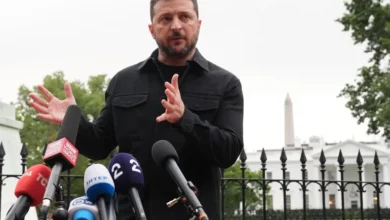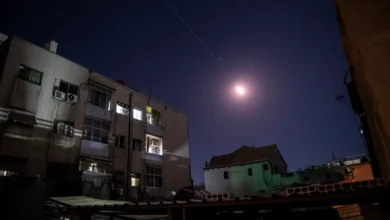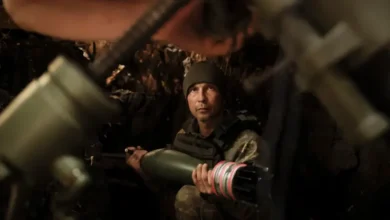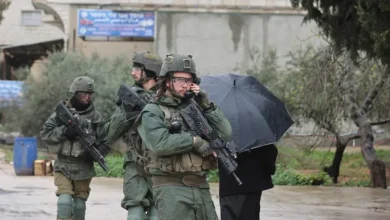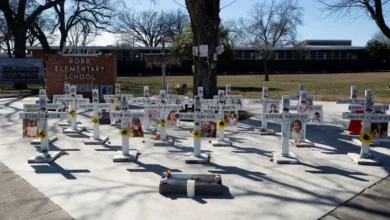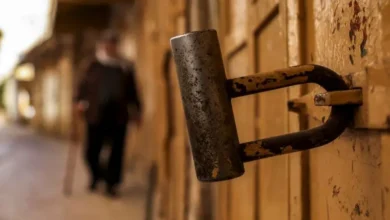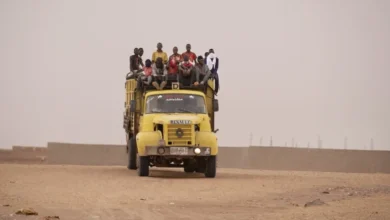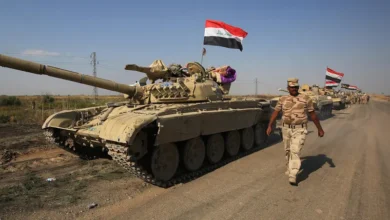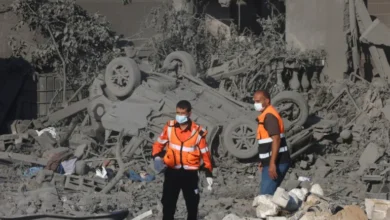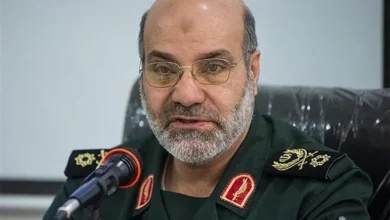Over 1,100 Israelis and Palestinians killed as Israel pounds Gaza after Hamas attack
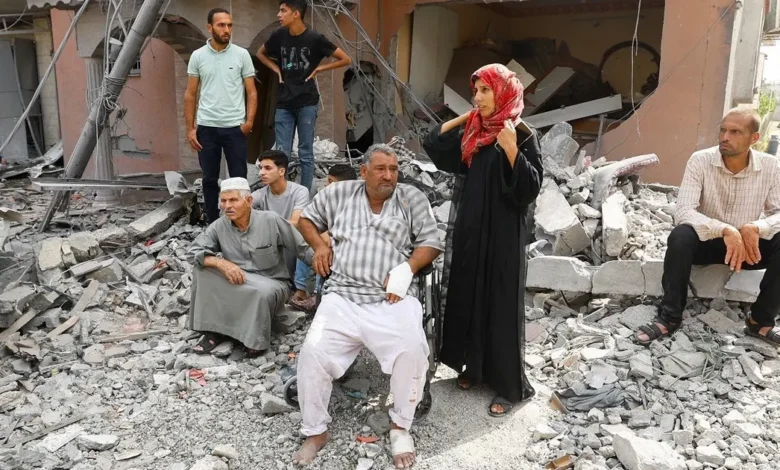
Israel pounded the Palestinian enclave of Gaza on Sunday, killing hundreds of people in retaliation for one of the bloodiest attacks in its history when Palestinian militia group Hamas killed 700 Israelis and abducted dozens more.
Hamas fighters’ rampage through Israel towns on Saturday was the deadliest such incursion since Egypt and Syria’s attacks in the Yom Kippur war 50 years ago and has threatened to ignite another conflagration in the never-ending conflict.
Israeli air strikes hit housing blocks, tunnels, a mosque and homes of Hamas officials in Gaza, killing more than 400 people, including 20 children, in keeping with Prime Minister Benjamin Netanyahu’s pledge of “mighty vengeance”.
“We’re going to be attacking Hamas severely and this is going to be a long, long haul,” an Israeli military spokesperson told reporters.
Beyond blockaded Gaza, Israeli forces and Lebanon’s Iran-backed Hezbollah militia exchanged artillery and rocket fire, while in Egypt two Israeli tourists were shot dead along with a guide.
Appeals for restraint came from around the world, though Western nations largely stood by Israel while Iran, Hezbollah and protesters in various Middle Eastern nations lauded Hamas.
In southern Israel on Sunday, Hamas gunmen were still fighting Israeli security forces more than 24 hours after their surprise, multi-pronged assault of rocket barrages and bands of gunmen who overran army bases and invaded border towns.
“My two little girls, they’re only babies. They’re not even five years old and three years old,” said Yoni Asher who recounted seeing video of gunmen seizing his wife and two small daughters after she took them to visit her mother.
Israel’s military, which faces awkward questions for not thwarting the attack, said it had regained control of most infiltration points along security barriers, killed hundreds of attackers and taken dozens more prisoner.
The military said it had deployed tens of thousands of soldiers around Gaza, a narrow strip that is home to 2.3 million Palestinians, and was starting to evacuate Israelis around the frontier.
“This is my fifth war. The war should stop. I don’t want to keep feeling this,” said Qassab al-Attar, a Palestinian wheelchair user in Gaza whose brothers carried him to shelter.
At least 700 people were killed, Israeli media said, children among them. Israel has not released an official toll.
Tehran’s other main regional ally, Lebanon’s Hezbollah, fought a war with Israel in 2006 and said its “guns and rockets” stand with Hamas. “We recommend Hezbollah not to come into this and I don’t think they will,” Israel’s army spokesperson said.
Hostages
With the debris from Saturday’s attack still laying around southern towns and border communities on Sunday morning, Israelis were reeling from the sight of bloodied bodies in streets, cars and even their homes.
About 30 missing Israelis attending a dance party emerged from hiding on Sunday, Israeli media reported.
Palestinian fighters took dozens of hostages back into Gaza, including both soldiers and civilians, children and elderly among them.
The capture of so many Israelis, some pulled through security checkpoints or driven bleeding into Gaza, is another conundrum for Netanyahu after past episodes when hostages were exchanged for many Palestinian prisoners.
Among the hostages were believed to be a Mexican man and woman.
“The cruel reality is Hamas took hostages as an insurance policy against Israeli retaliatory action, particularly a massive ground attack and to trade for Palestinian prisoners,” said Aaron David Miller, a senior fellow at the Carnegie Endowment for International Peace.
Hamas fired more rocket salvoes into Israel on Sunday.
The Israeli military said it would combine an evacuation of border areas with a search for more gunmen.
Israeli air strikes on Gaza began soon after the Hamas attack and continued overnight and into Sunday, destroying the group’s offices and training camps, but also houses and other buildings. The Palestinian health ministry said 413 Palestinians, including 78 children, were killed and 2,300 people were wounded since Saturday.
The UN said more than 20,000 Palestinians in Gaza have sought refuge in schools it runs. It appealed for the creation of humanitarian corridors to bring food into Gaza.
In Khan Younis, in southern Gaza, people searched through the remains of a mosque early on Sunday. “We ended the night prayers and suddenly the mosque was bombed. They terrorised the children, the elderly and women,” said resident Ramez Hneideq.
Stalled Peacemaking
The escalation follows surging violence between Israel and Palestinian militants in the Israeli-occupied West Bank, where a Palestinian authority exercises limited self-rule, opposed by Hamas that wants Israel destroyed.
Conditions in the West Bank have worsened under Netanyahu’s hard-right government with more Israeli raids and assaults by Jewish settlers on Palestinian villages, and the Palestinian Authority called for an emergency Arab League meeting.
Peacemaking has been stalled for years, with Israeli politics distracted this year by internal wrangles over Netanyahu’s plans to overhaul the judiciary.
Turkey said it would try and lead peace diplomacy but added that a two-state solution was the only real solution.
Hamas leader Ismail Haniyeh said the assault would spread to the West Bank and Jerusalem. Gazans have lived under an Israeli-led blockade for 16 years, since Hamas seized control of the territory in 2007.
“How many times have we warned you that the Palestinian people have been living in refugee camps for 75 years, and you refuse to recognise the rights of our people?”
The United States led Western denunciations of Hamas’ attacks, with President Joe Biden issuing a blunt warning to Iran and others: “This is not a moment for any party hostile to Israel to exploit these attacks.”
Iran’s President Ebrahim Raisi telephoned the Hamas chief to congratulate him for the “victory”.
For a nation with a vaunted secret service that boasts of infiltration and monitoring of militants, the attacks appeared to be a shocking intelligence failure.
The main Tel Aviv Stock Exchange indexes fell 6 percent on Sunday and investors expected the violence to prompt a move into gold and other safe-haven assets.
